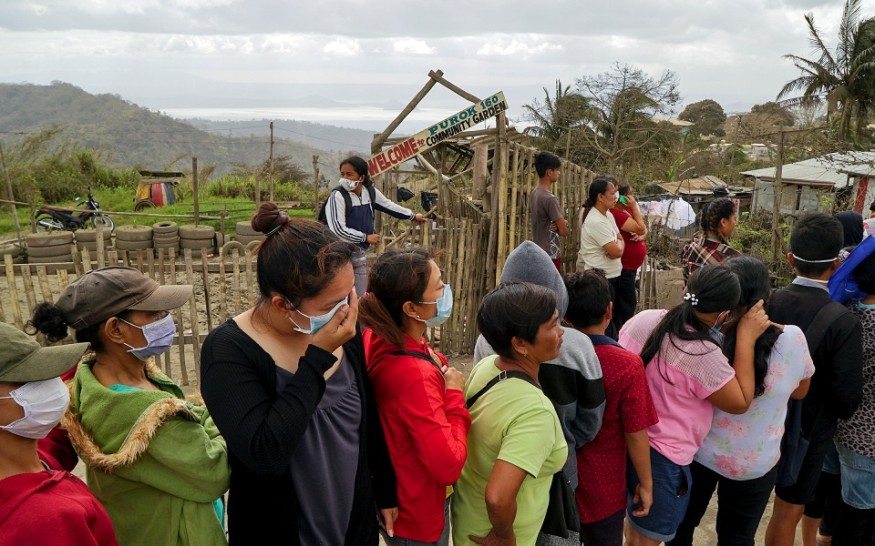
Nowadays, the wrath of nature in the form of natural disasters are in our headlines. The Philippines has suffered from the worst of natural calamities -- strong earthquakes, powerful typhoons, and a massive volcanic eruption. Then there was Hurricane Katrina in New Orleans and the earthquake in Haiti.
The effect on mental health in the aftermath of a natural disaster can be more traumatic than the financial strains of damage and loss of home, business, or personal property. Coming to terms with the occurrence can affect the victims' physical and emotional well-being, their behavior, and their way of thinking.
Senior citizens, children, people with access or functional needs, and people for whom English is not their first language are most likely to be in jeopardy.
The initial priority is to search for and rescue survivors, and attend to the sick and injured. There is a dire need to provide food, clean water, emergency shelter, and basic toilet facilities to help prevent the spread of diseases. Affected civilians need loads of rest and to eat regular well-balanced meals. The first level of response is for people whose lives are directly impacted. They need support because they are a very significant risk for stress, anxiety and depression symptoms, including PTSD.
Affected civilians require psychological first aid and in more severe cases, formal mental health treatment, according to Charles Marmar, MD, of the APA's Committee on Psychiatric Dimensions of Disasters and New York University Medical Center.
They should learn how to manage negative feelings in healthy outlets (such as through exercising, eating right, meditating, praying, etc.). They must also draw strength from places of peace, faith or spirituality, relationships outside your family, etc.
Strive to find positive learnings from the disaster that will benefit you and your loved ones.
Have the freedom to do activities that make you feel physically and emotionally safe. You must surround yourself with people who are helpful to your wellbeing. The activities you choose must promote a sense of calm and feeling grounded (Use of alcohol and other drugs can be counterproductive).
Children's responses to a disaster can reflect on what they see and hear in the media. Therefore, limit the amount of information that your child has access to while still providing them with accurate information that will make sense to them.
Recovery is gradual, so it is important to allow yourself time to process your circumstances and regain a sense of normalcy. Recognize signs of stress and get extra support when things become overwhelming.
Finding social support from others can be a major factor in helping people overcome the negative effects of a traumatic event and PTSD. Identify local support groups or available crisis counselors to talk to which may be sent in to offer social support.
Limit exposure to images of the disaster to avoid increasing your stress.
An ordinary workload can sometimes seem unbearable, so limit yourself to urgent tasks. Check or tick off tasks to give yourself a sense of accomplishment.
Do something positive by donating blood, preparing "care packages" for people who have lost relatives or their homes or jobs, or volunteering in a rebuilding effort. This will give you a sense of purpose and fulfillment.
RELATED ARTICLE: Chinese President Xi Warns Public on 'Grave Situation' Caused by 'Accelerating' Spread of Coronavirus
© 2026 NatureWorldNews.com All rights reserved. Do not reproduce without permission.





